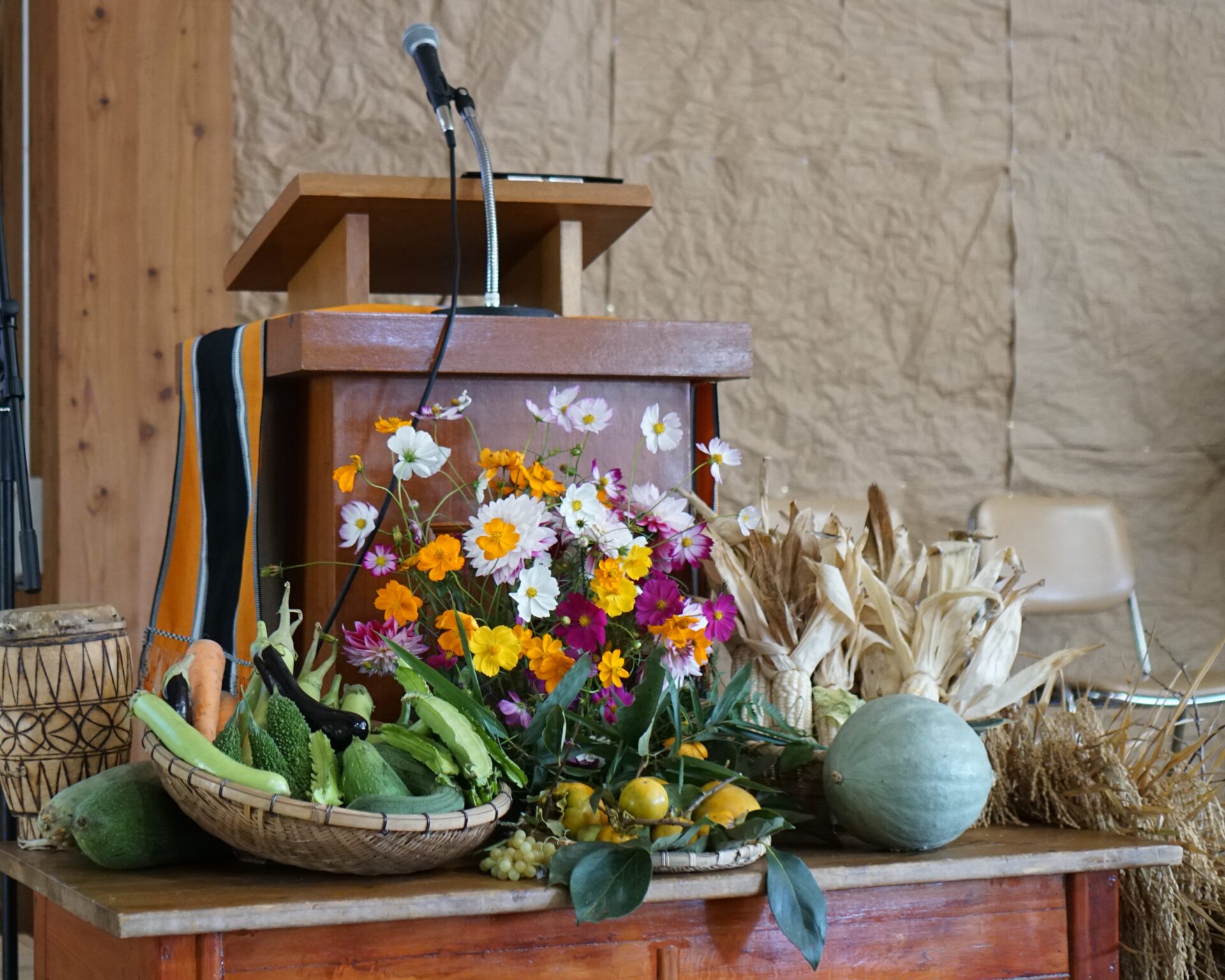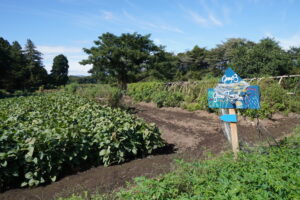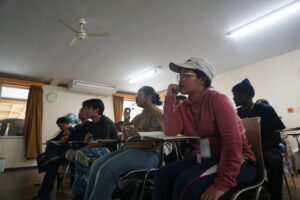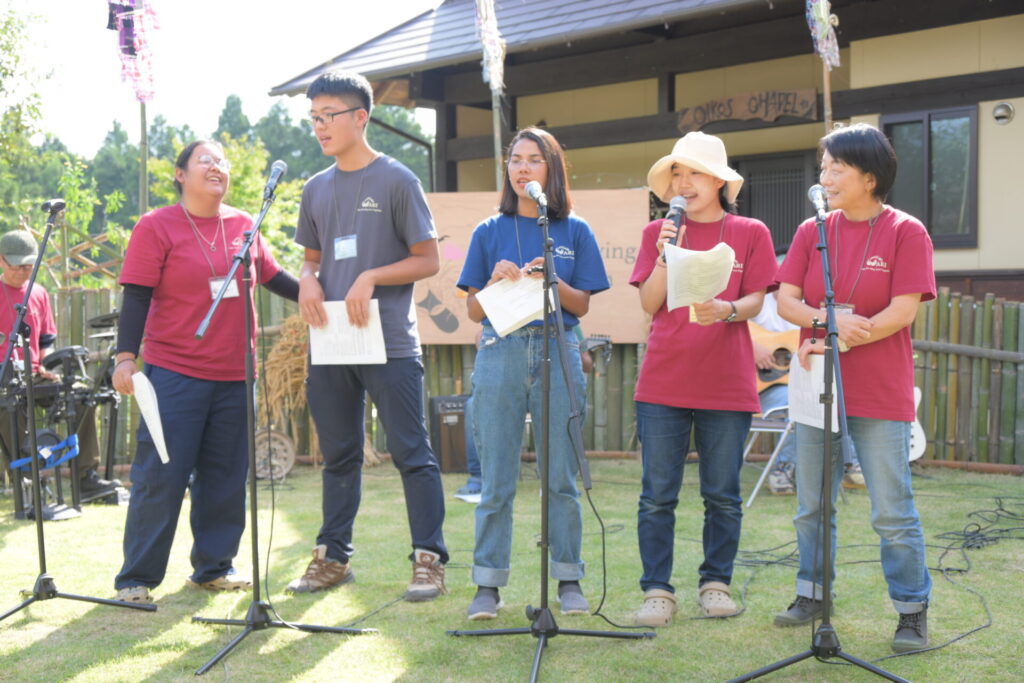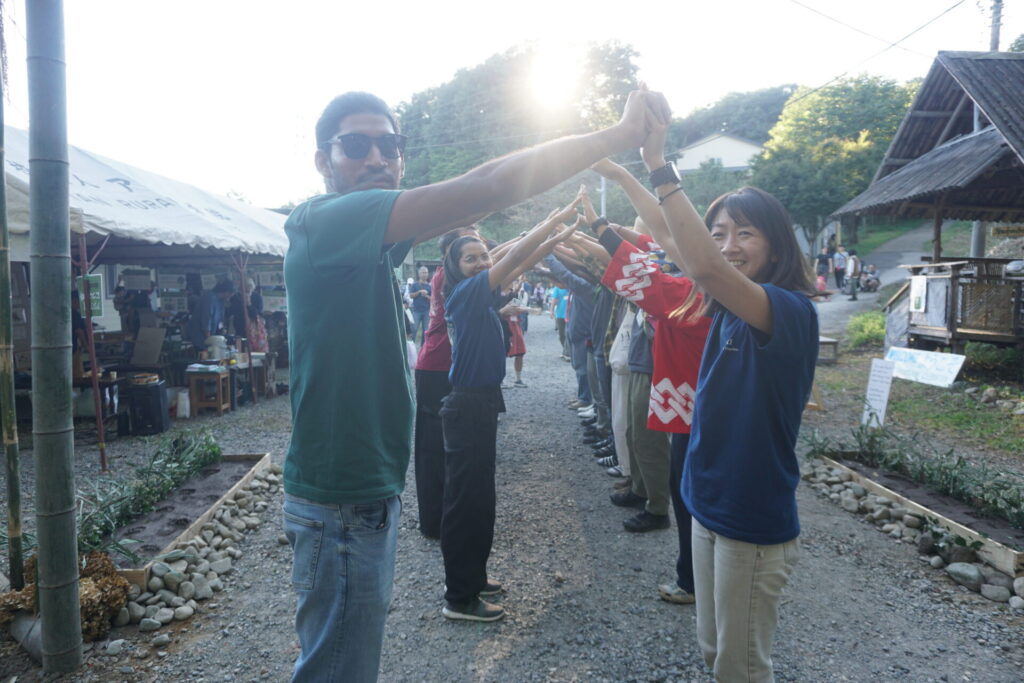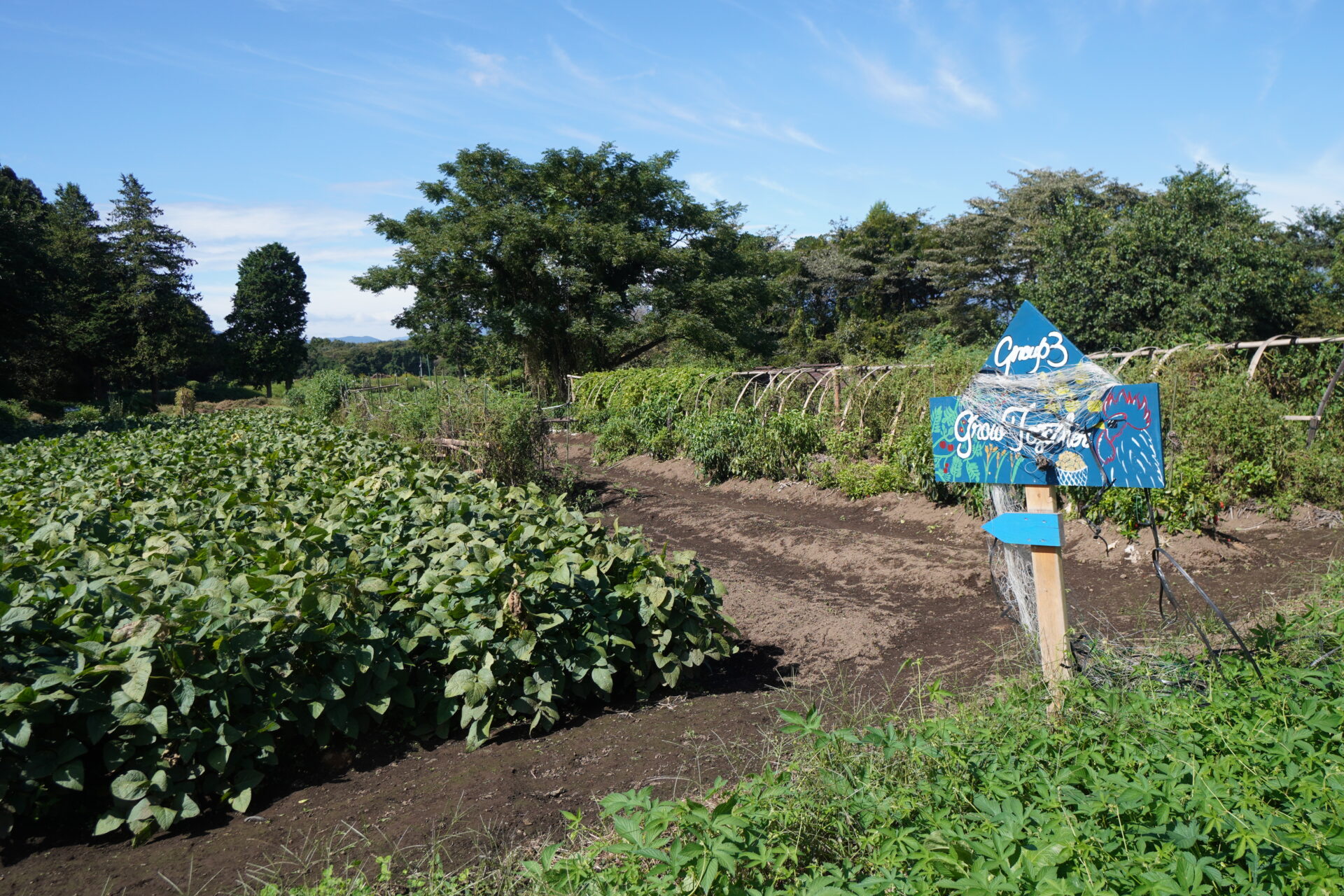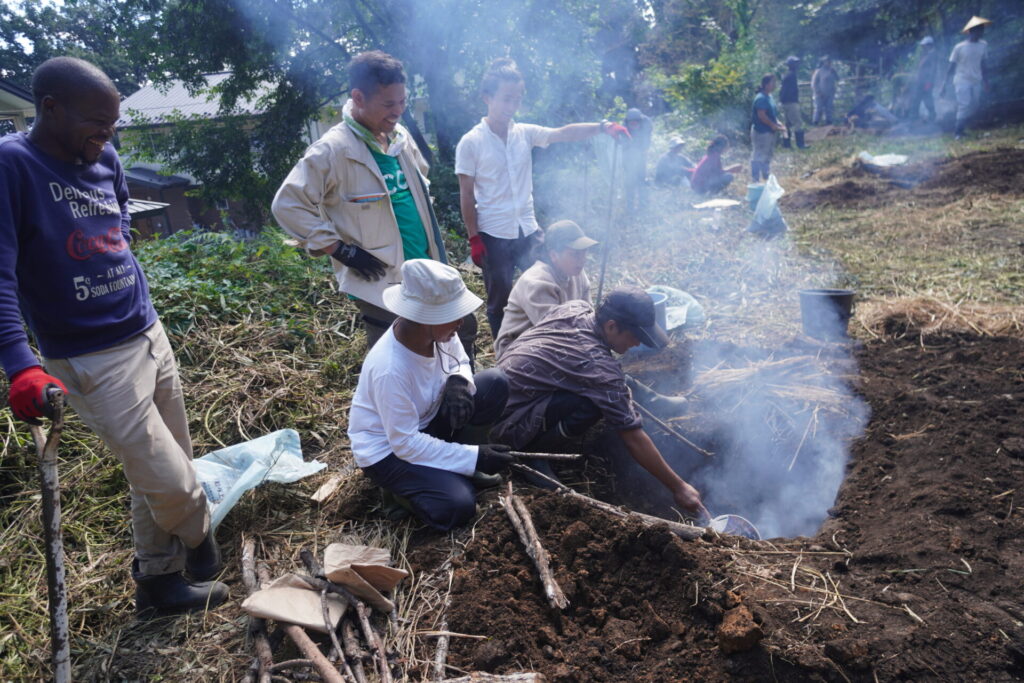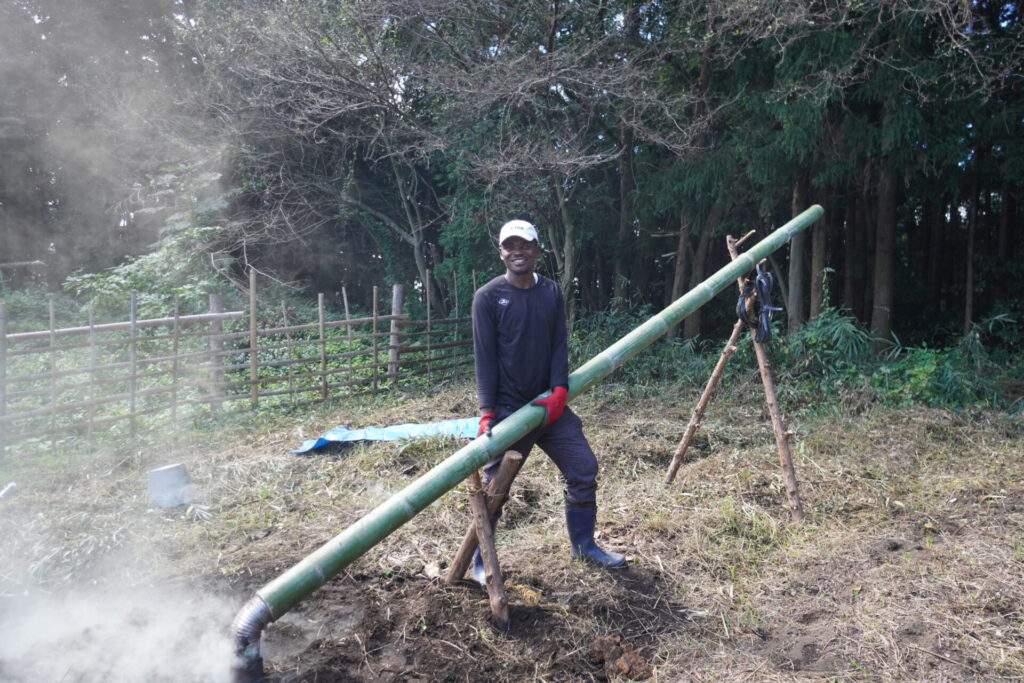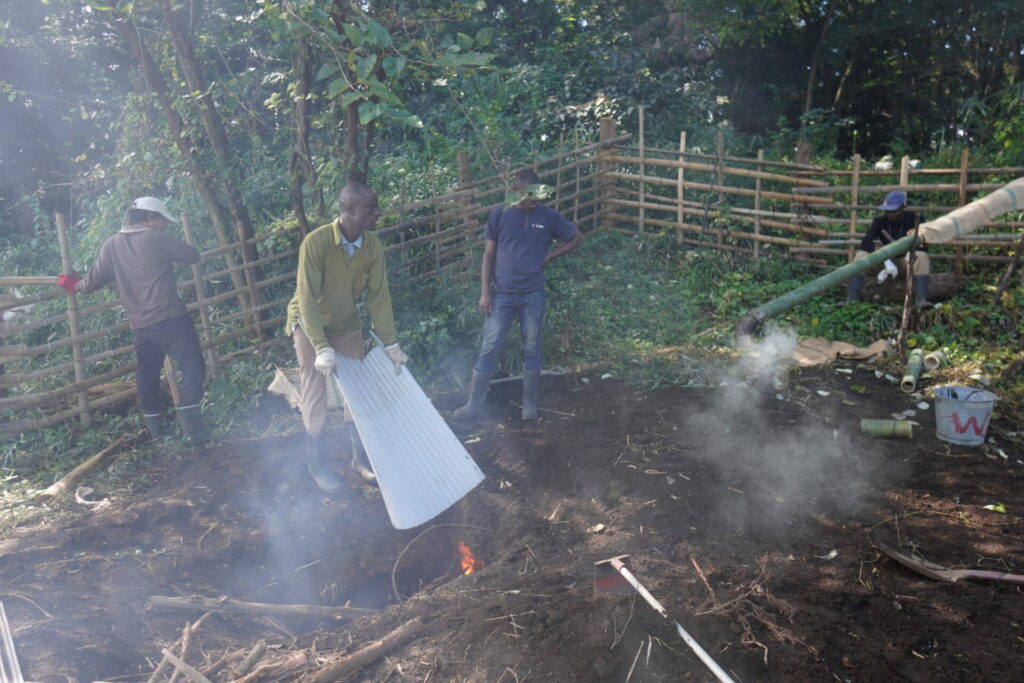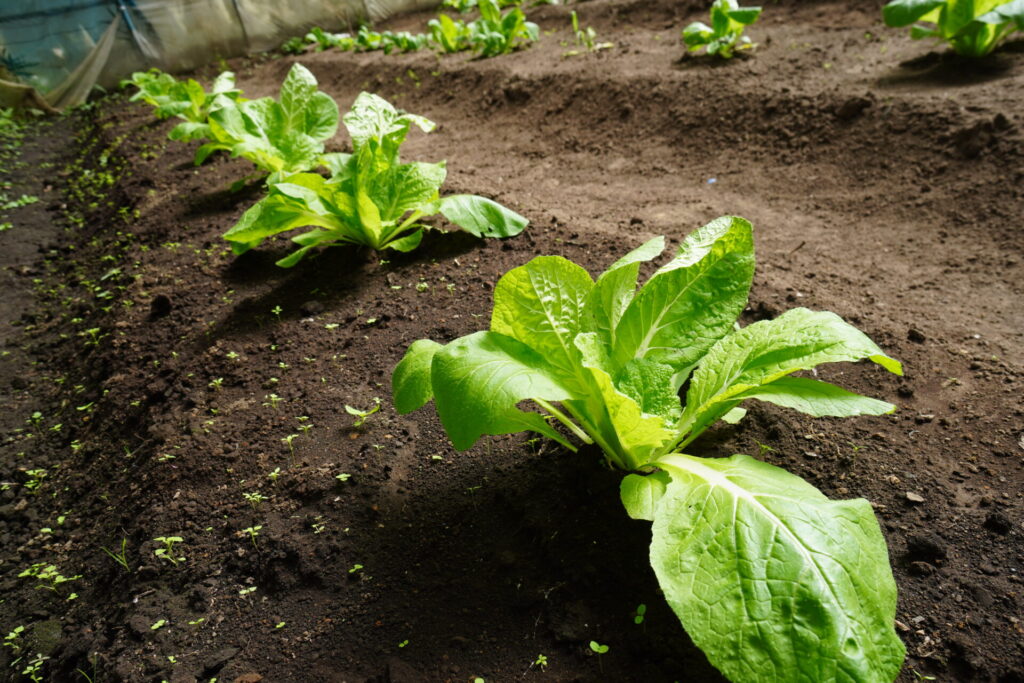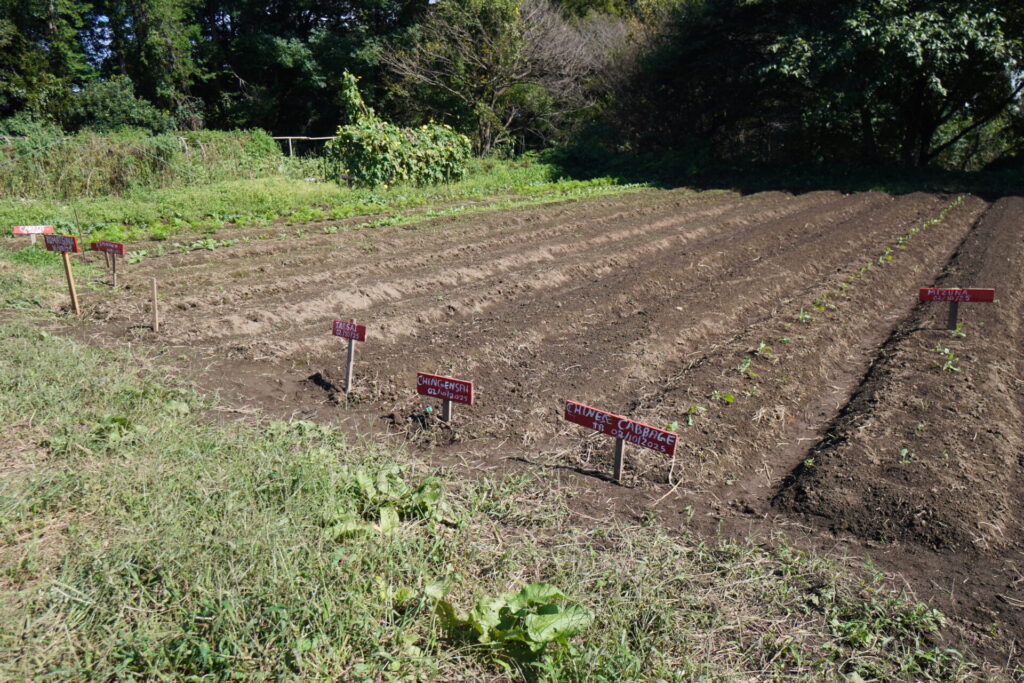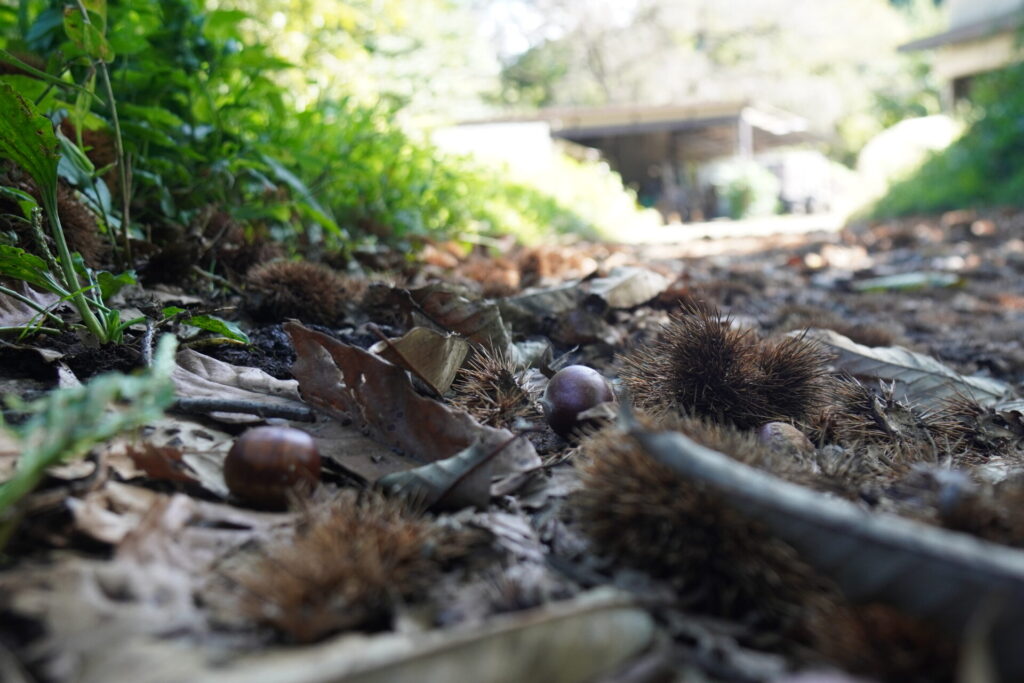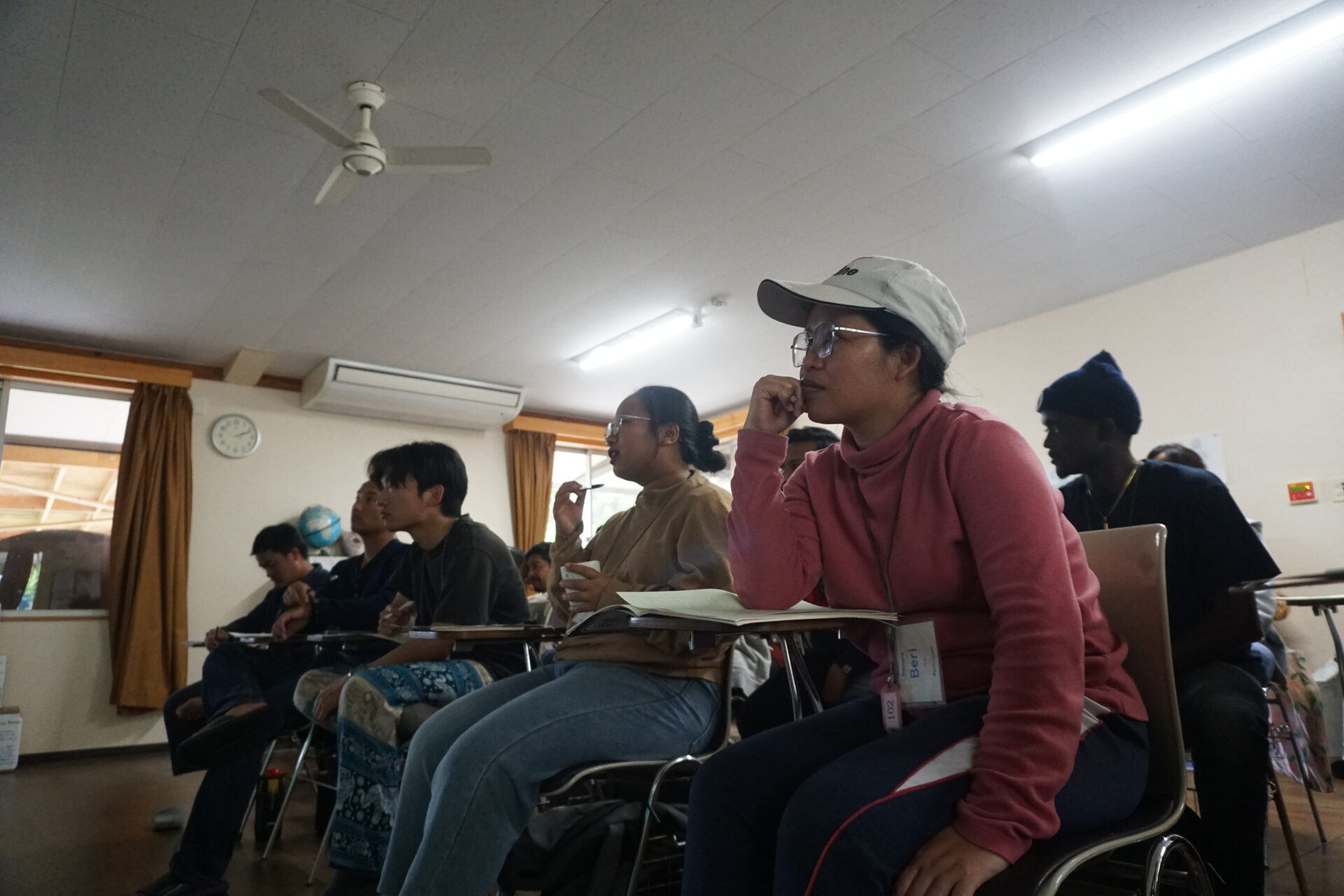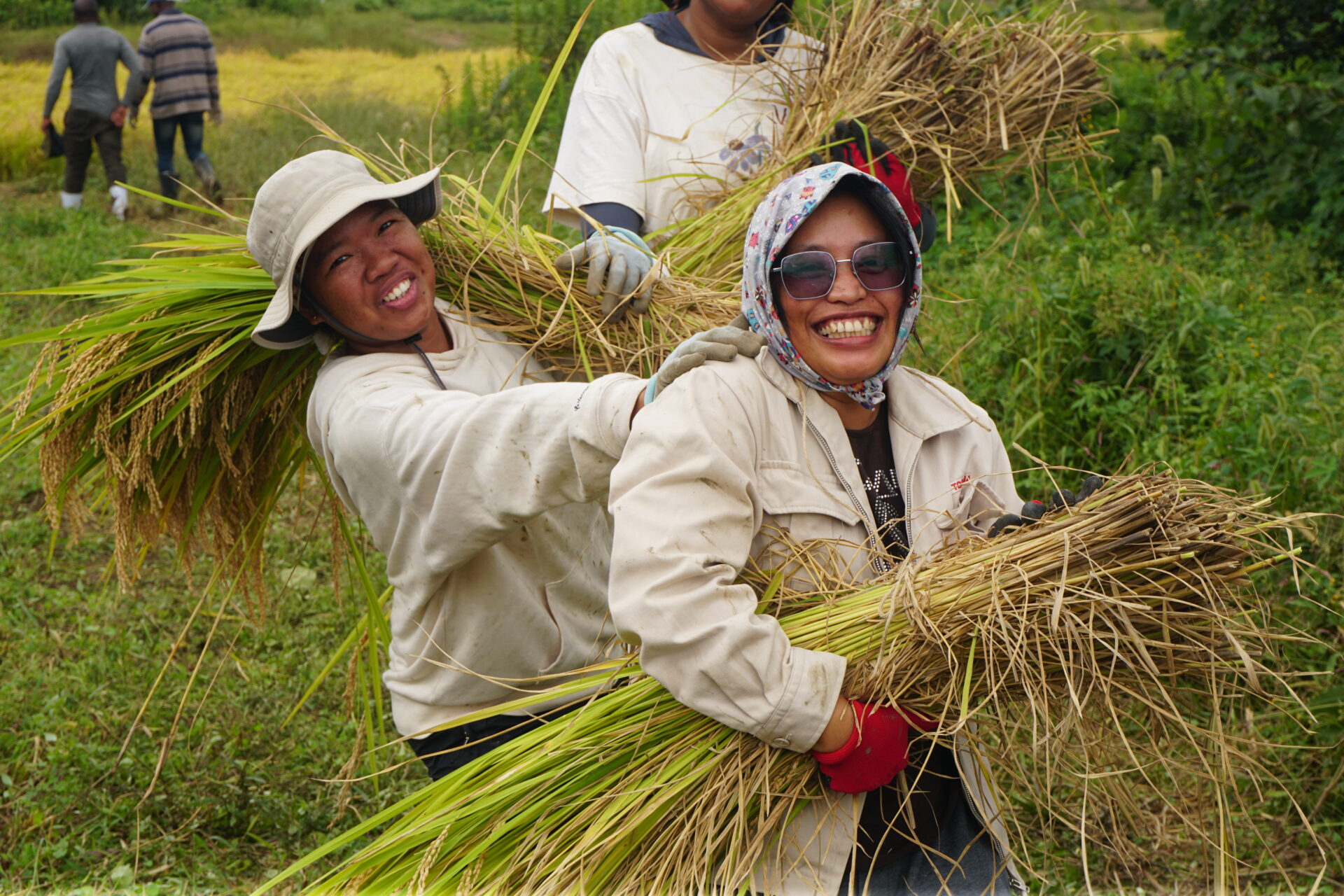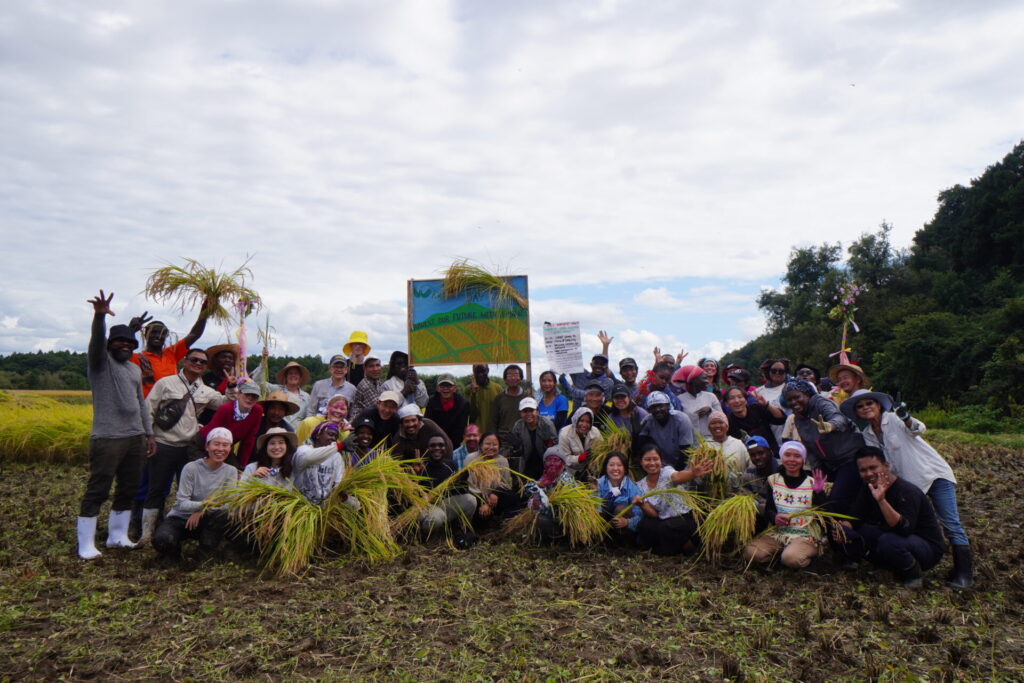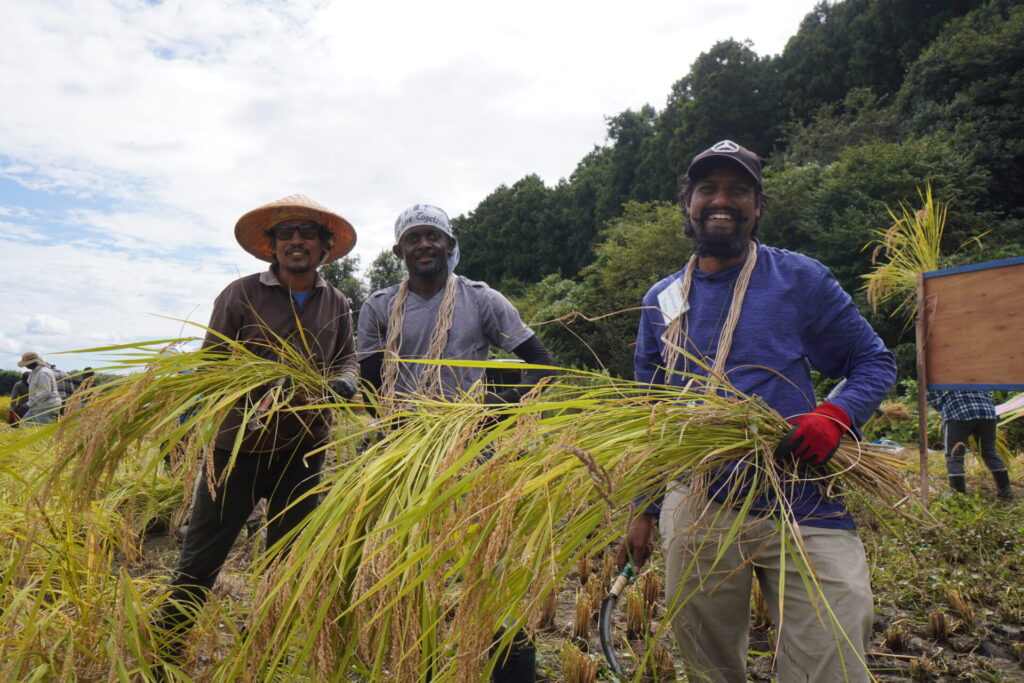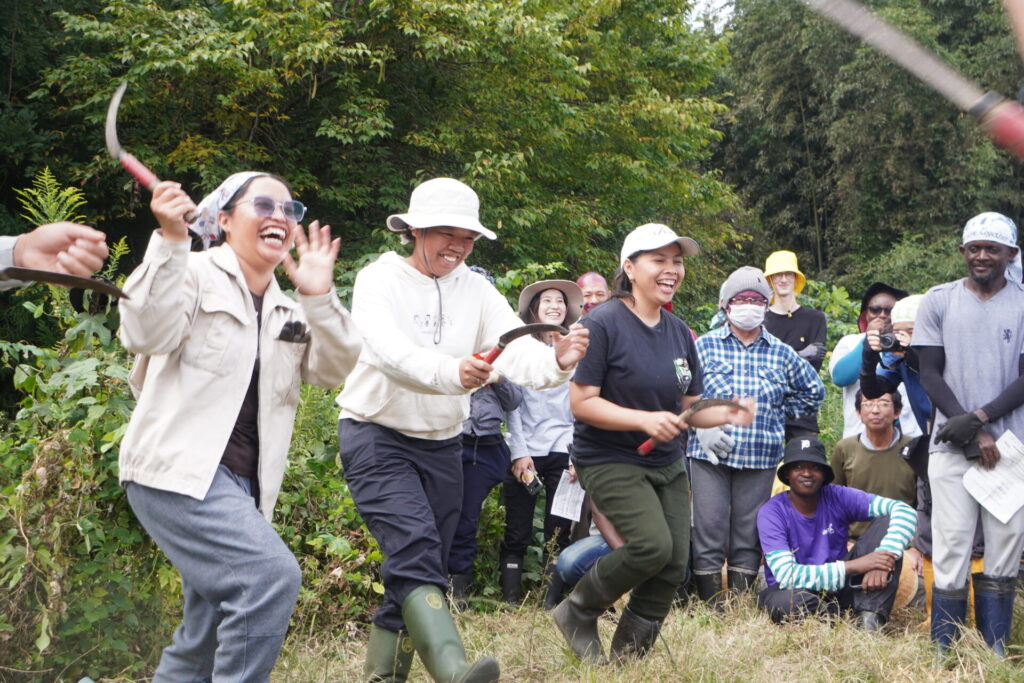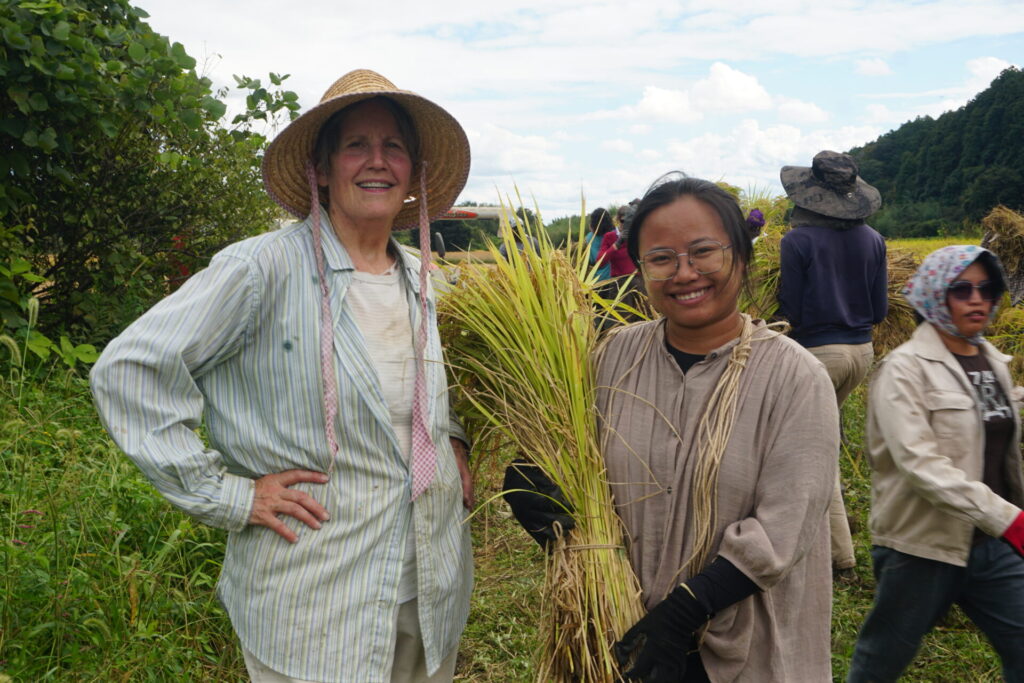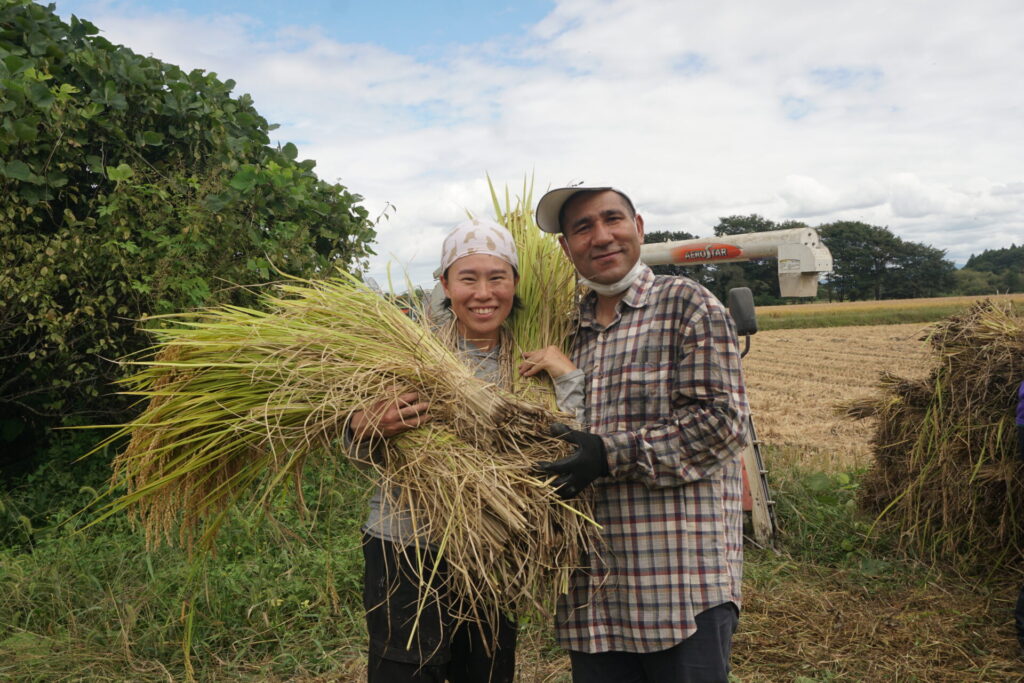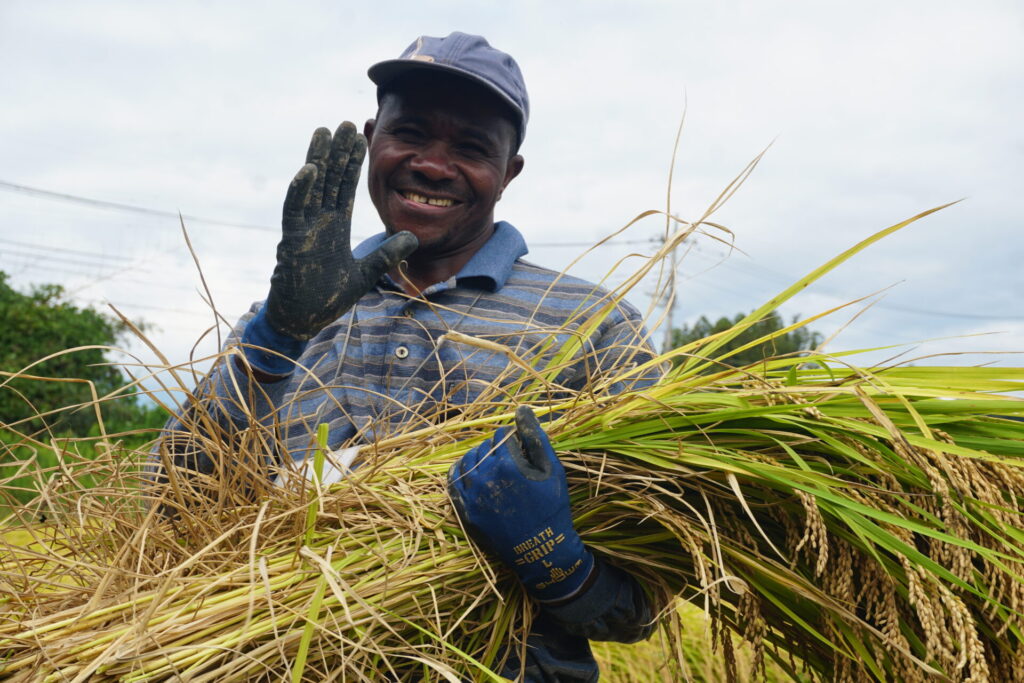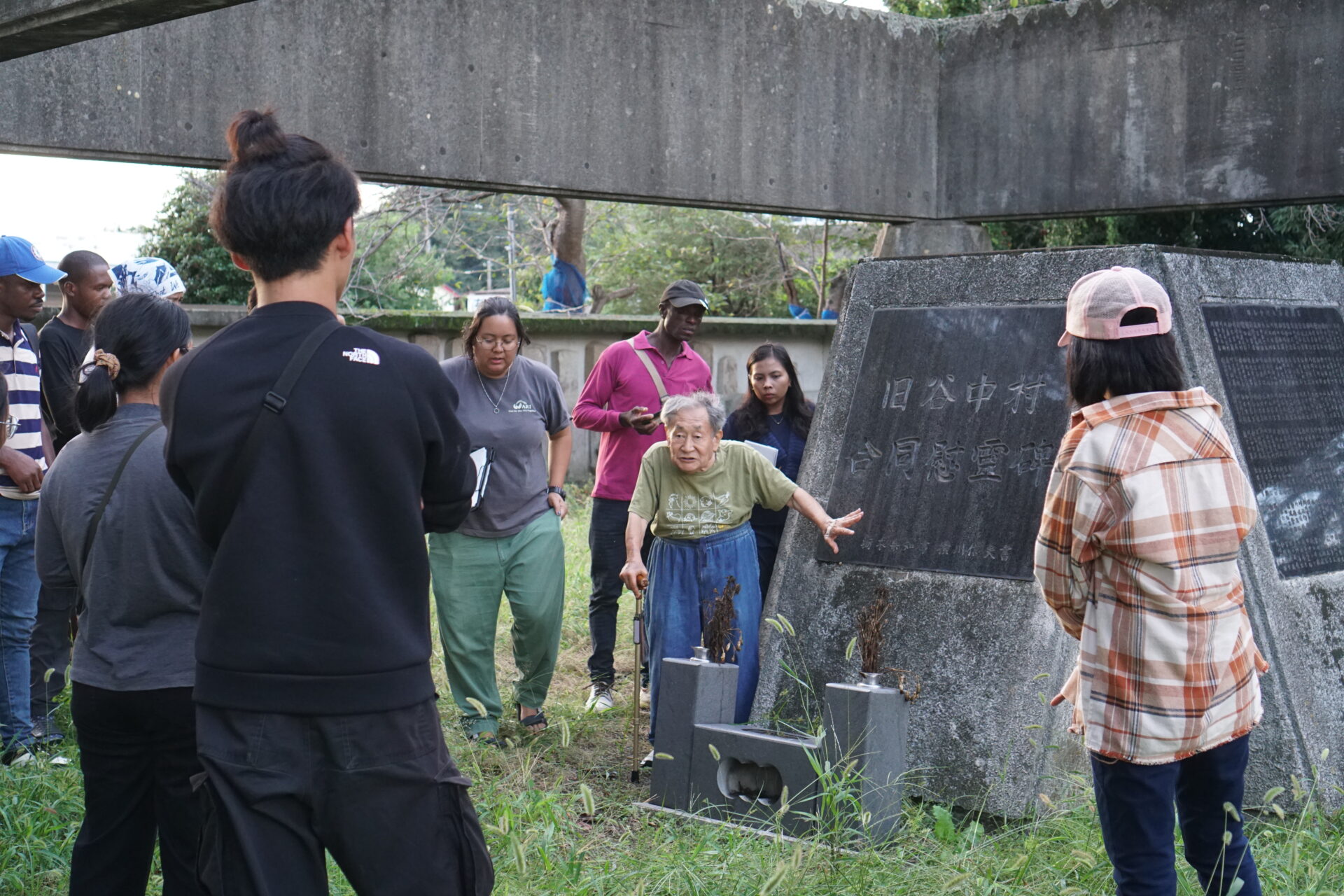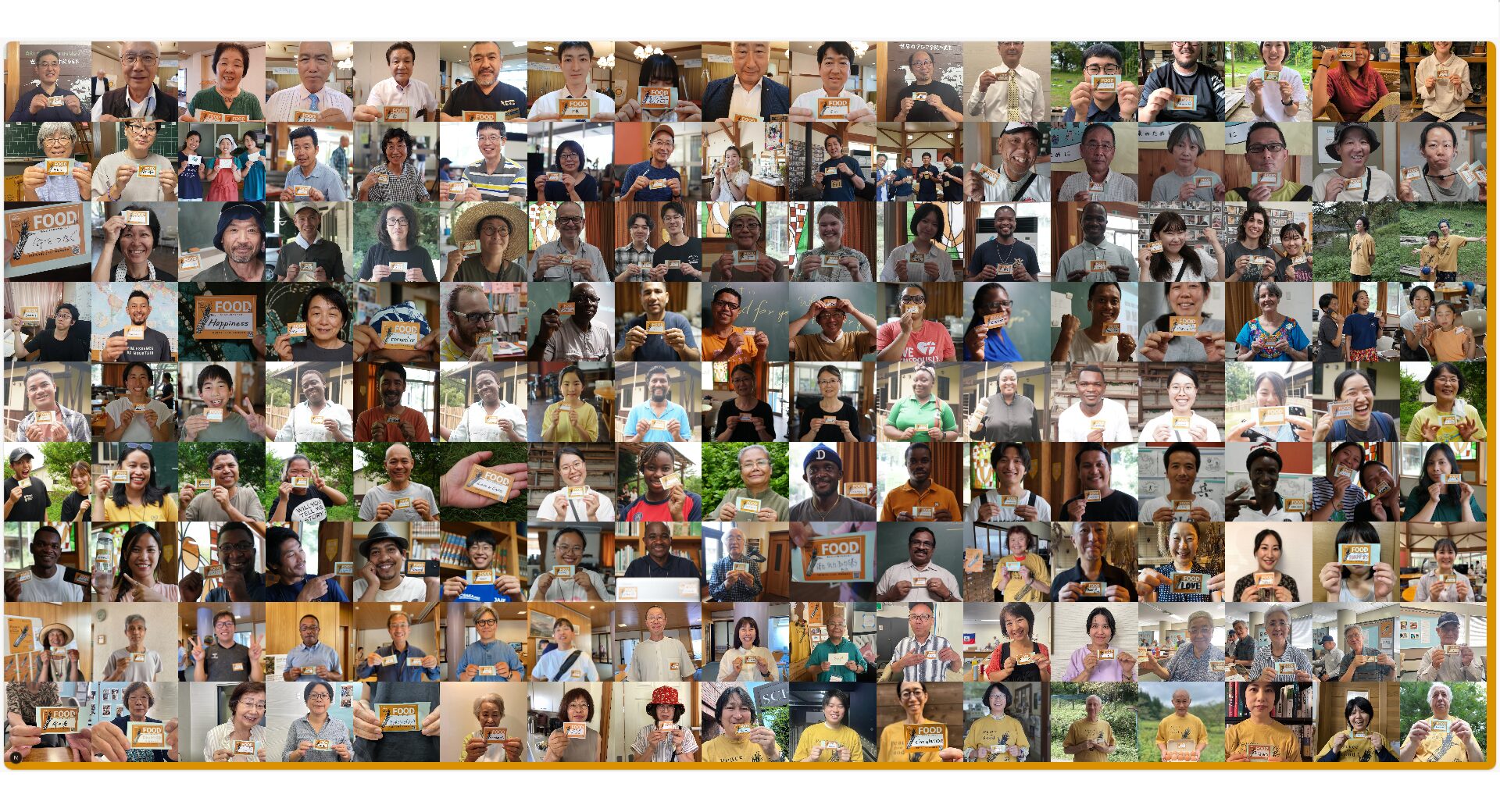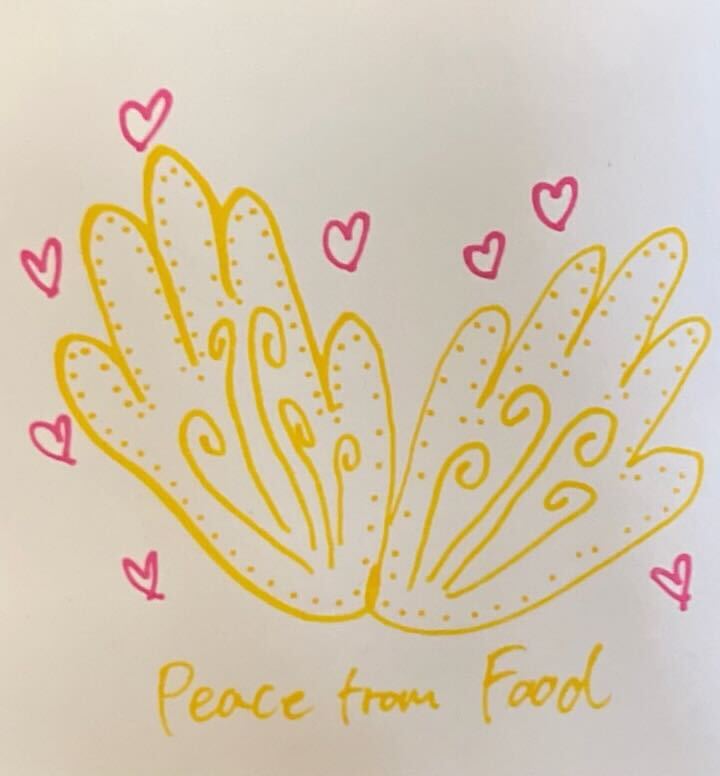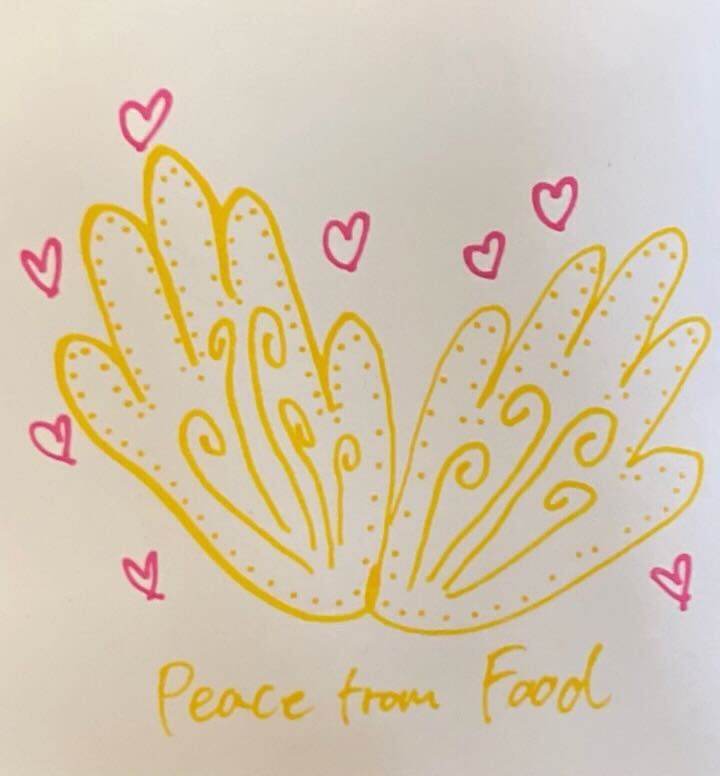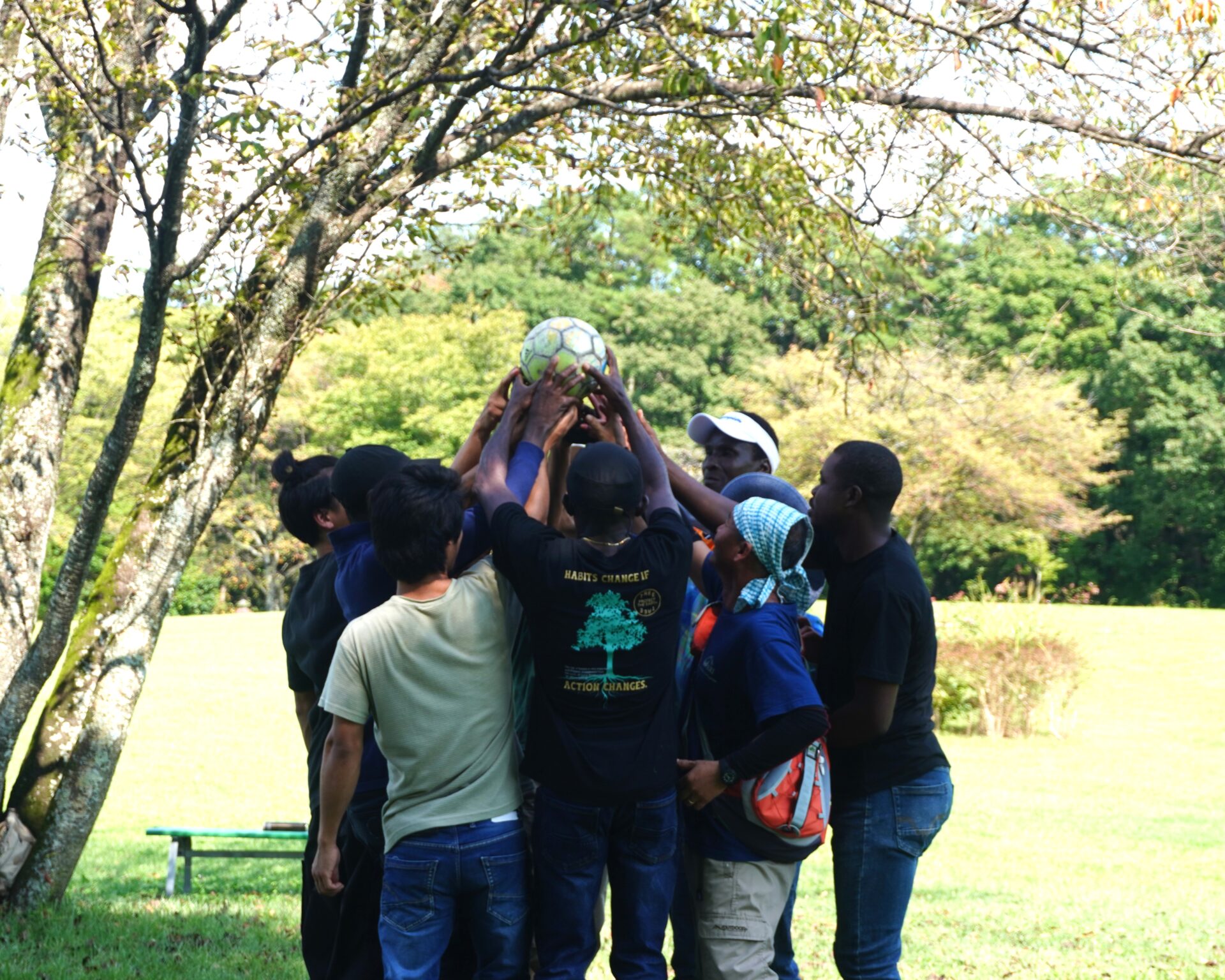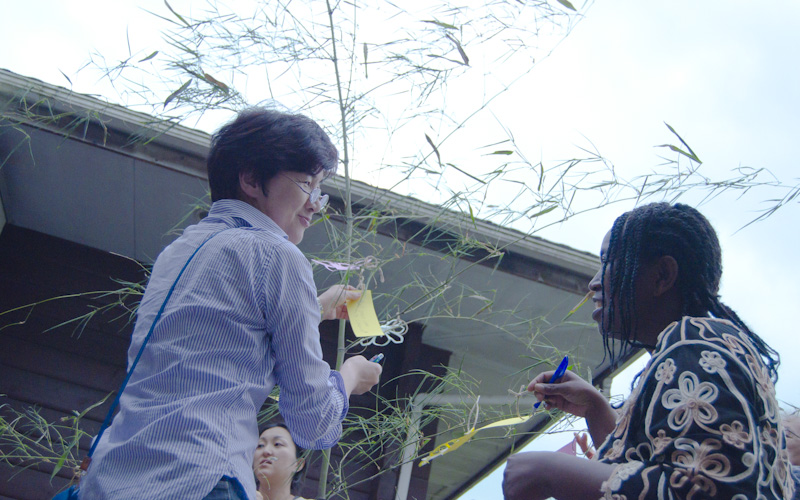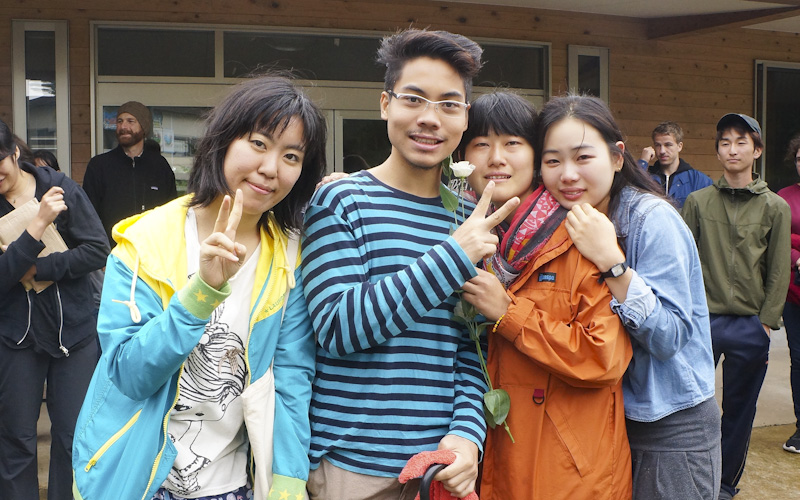2025/09/19
Preamble
In 2025, marking the 80th anniversary of the end of World War II, the Asian Rural Institute hereby reaffirms its commitment to peace.
As the number of war survivors and atomic bomb victims dwindles each year, the responsibility for those living today to convey the horrors of war and nuclear weapons to the next generation grows ever more important. The awarding of the Nobel Peace Prize to the Japan Confederation of A- and H-Bomb Sufferers Organizations (Hidankyo) in 2024 symbolizes the importance of this task. Furthermore, violence and conflict continue around the world. This includes the home countries of ARI participants and graduates as well as places like Gaza and Ukraine. Amid this situation, we believe that building reconciliation and a culture of peace is an urgent and vital mission entrusted to us.
To further advance the fundamental hopes and aspirations of “Peace from the Soil,” born from ARI’s longstanding pursuit of reconciliation with nature, neighbors, oneself, and God, we hereby proclaim the following Peace Declaration.
Never Forgetting the Mistakes of History, Raising Our Voice Against All Forces that Threaten Peace
Eighty years after the war is not a license to forget the past. We believe that inheriting memory and honestly facing the pains of history is the very foundation of building peace. We will never forget the profound suffering and destruction inflicted by Japan’s wars of aggression and colonial rule upon the peoples of Asia—countless lives lost, and many communities devastated. The churches in Japan, too, failed to raise their voices strongly against war and, at times, even played a role in justifying it. We humbly acknowledge this past, repent deeply, and pledge never again to repeat such mistakes.
We remember the devastation of Hiroshima and Nagasaki and strongly call for the abolition of nuclear weapons. Security doctrines based on nuclear deterrence do not bring true peace. We declare a clear “No” to nuclear weapons, which threaten all life.
Building a Society of Peace Rooted in Freedom, Justice, and the Overcoming of Discrimination
Today, the world faces global crises: cycles of war and violence, the threat of nuclear weapons, climate change, food insecurity, and spiritual disconnection. Yet we believe in the possibility of creating a society based on freedom, justice, and the overcoming of discrimination.
We seek to overcome discrimination based on physical and social attributes, and we aspire to a world where harmony, coexistence, and cooperation replace military power and domination by force. The Asian Rural Institute places importance on peace beginning in the family and resolves to be an instrument of peace. Cultivating peace within ourselves, our households, and our communities – this is the work of advancing peace and justice in the world.
Even in the face of political exclusion, gender-based violence, and the pressures of militarization, we will raise our voices in solidarity at the local level. We will promote peacebuilding, conflict resolution, mediation, and nonviolent communication, encouraging people to make peace the foremost priority in their lives. We believe that new technologies must be used for the cause of peace, striving for the free and fair flow of information so that it may contribute to peace at both the community and individual levels.
Nurturing Leaders Who Serve Their Communities, Becoming Vessels of Peace Together
Through the training of grassroots leaders, the Asian Rural Institute pledges to address inequality, injustice, and the challenges faced by vulnerable communities. We uphold land and food rights and community-led development as pillars of peacebuilding, fostering resilience and disaster preparedness in the face of economic instability and climate change. We are committed to providing holistic educational opportunities for all, contributing to societies that are physically, mentally, and spiritually healthy. Furthermore, by sharing the values of the Asian Rural Institute through a global network, we will broaden our contribution to peace.
Peace from the Soil
When we till the soil, produce food, and gather joyfully around the table, we learn that all life is sustained by mutual support. We become deeply aware that we live as part of the natural ecosystem, and we earnestly desire to live together with all of creation.
A self-centered way of life that exploits and destroys nature threatens life itself and even leads to the extinction of species. War, too, arises from this same self-centeredness that disregards the dignity of life. Both environmental destruction and war share the same root. That is why those who seek peace must be reconciled with nature, with their neighbors, with themselves, and with God.
Peace begins within ourselves. When there is food on the table, peace and happiness become possible in the community. Protecting seed sovereignty and cultivating food without destroying the soil form the foundation of peace and security. A way of life in harmony with nature is the firm basis upon which peace can grow.
The Asian Rural Institute seeks to sow and spread this seed of “Peace from the Soil.”
Conclusion
Peace is not something given, but something built through daily choices and practices. Guided by our founding vision, the Asian Rural Institute will continue walking the path of creating peace—from the soil, from community, and from the depths of the human heart. On this 80th anniversary of the end of the war, we renew our pledge of peace: to repent of the past and to pass on hope for the future.
